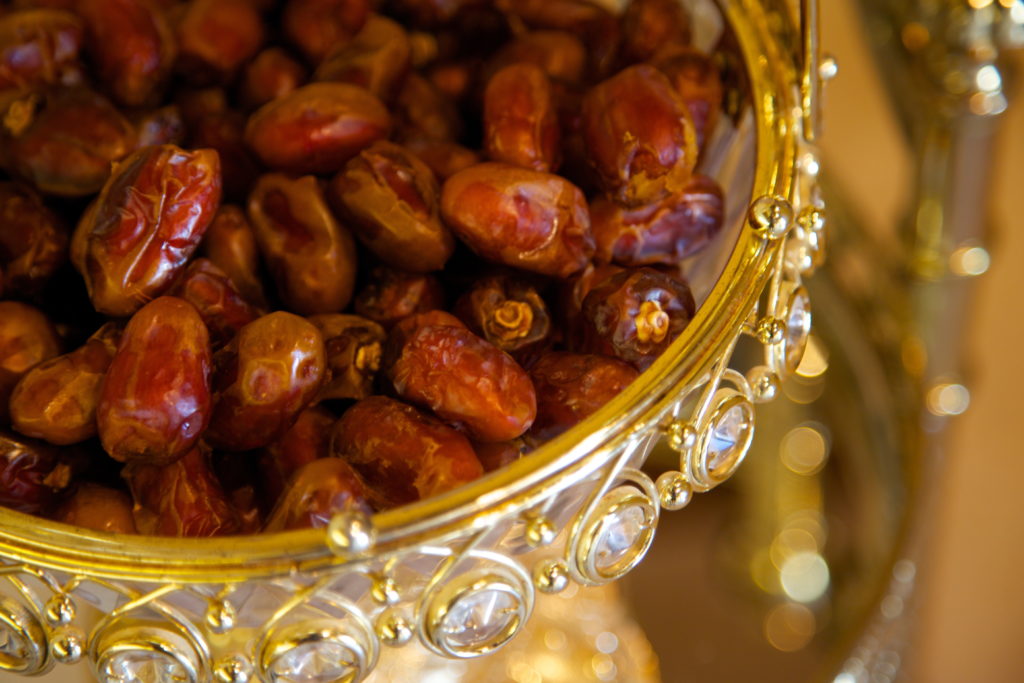São Paulo – Brazil imported an average of 1,000 tonnes of dates in the last three years. In 2020 the volume shrank by almost half due to the COVID-19 pandemic, but 2019 purchases reached 1,100 tonnes, while 2018 saw 994 tonnes, and 2017 933 tonnes. The two previous years saw imports around 600 and 800 tonnes, according to the federal government database.
The Arab countries are major date producers and Brazil’s top supplies of the fruit. But people working in the sector believe that, although growing, the purchases in the country are still small compared to the potential of the market, which consists of over 200 million consumers. The dates aren’t still well-known and are not part of Brazilian typical diet.

“Brazil is country that still doesn’t know much about dates or other dried fruits in general. Everything we don’t produce here, people don’t know,” says businesswomen Julia de Biase, who started working in this market in 2017, importing dates from the United Arab Emirates. The date palms are mainly found in desert places and there are no large-scale plantations in the Brazilian territory.
According to Biase, the consumption of dates in Brazil is primarily supported by the fitness niche, consumers looking for a balanced diet and enthusiastic about nutrition. She says that the fitness crowd consumes dates as a food supplement. “They go out of the gym and eat it to curb that crave for sweets,” she says. Biase adds that dates are starting to be used as an ingredient in cakes, bread, baby food. She herself created a brand of açaí-and-date mix.
Stores selling dates in Brazil are emporiums, natural food stores, as well as markets and large supermarket chains. But Biase believes consumption could go way beyond that if the exporting companies worked to publicize the date as a food. “Brazil is a huge country. As soon as companies start investing in publicity and marketing, consumption will grow a lot,” the businesswoman told ANBA.
Biase says that people – including in retail stores – don’t know about the different varieties of the fruit and their health benefits. “There are over 180 types of dates only in the Gulf region,” she says. In Brazil, the most popular is medjool, which is big and eaten with strawberries. Biase sells khala and fard dates of the Date Crow brand by UAE-based company Al Foah. “They are as good or better than medjool,” she said, saying that she went to great lengths to show that to retail stores.
Atypical year for dates
Year-to-date through September, Brazil imported 524 tonnes of dates, and suppliers were Tunisia and Iran. Biase says that the UAE will make the list soon as she is brining a container to the country next week. Last year’s 1,100 tonnes of dates were imported to Brazil from Tunisia, Algeria, Turkey, UAE, Saudi Arabia, Lebanon, and China, according to public figures.
This year’s decline was due to COVID. The dollar appreciation against the real has also impacted as it made imports more expensive. “The dates you buy and then go to the gym or take a walk are fruits for those who practice sports, but people are staying at home, so they buy hygiene and basic food products,” Biase explains. The businesswoman believes that as soon as the world situation gets back to normal, date sales will go back to previous levels in Brazil. “I’m sure 2021 will be a very welcoming year for this fruit,” she said.
Translated by Guilherme Miranda




